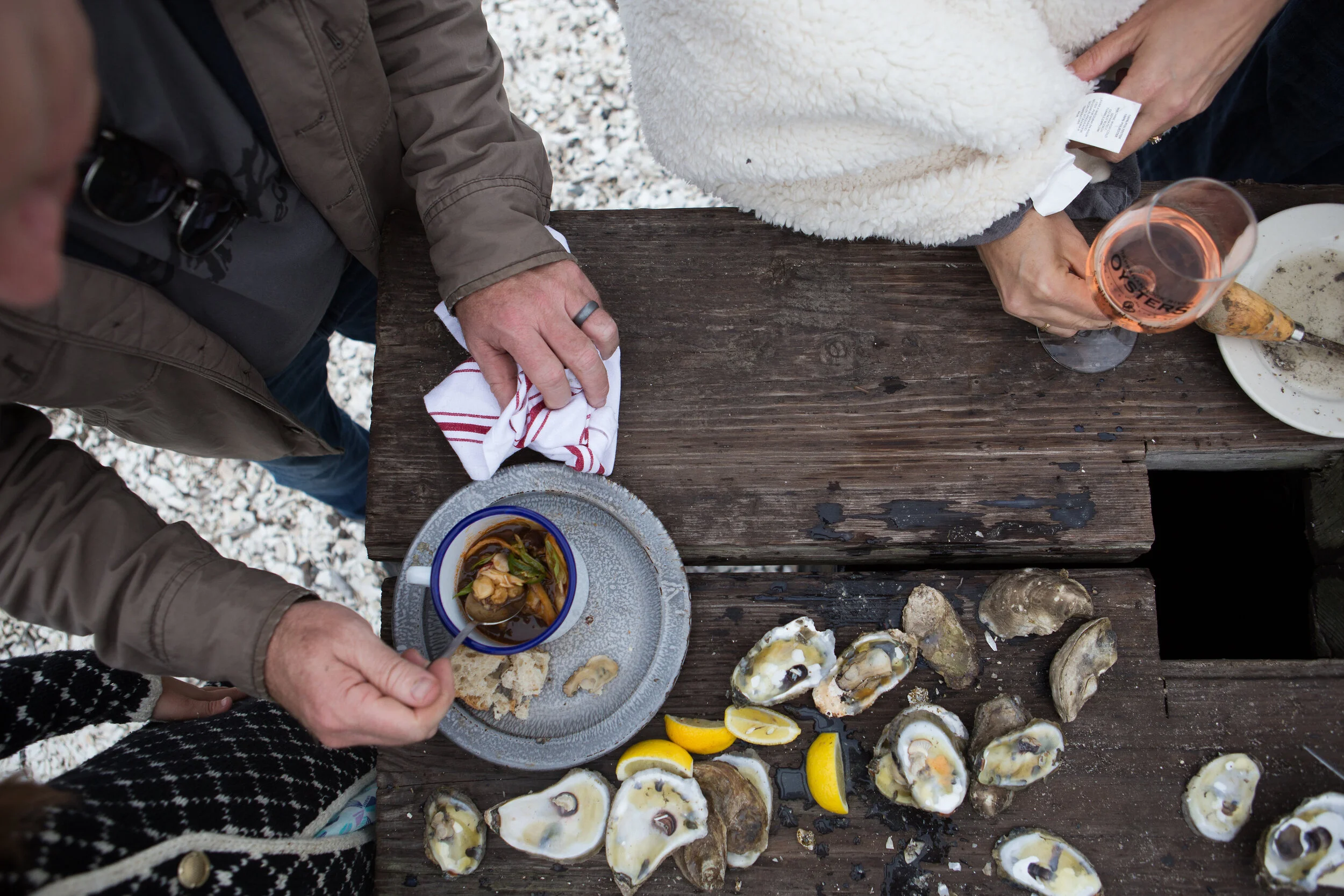The "Top Chef" of DC's Food Policy
/The "Top Chef" of DC's Food Policy
By Whitney Pipkin
If you’ve read anything about the District’s food policy council since it was christened last year, it might have been that the gregarious celebrity chef Spike Mendelsohn was named its chair.
But behind the curtain of local government, a red-bespectacled urban planner is putting that council’s wishes into action—one email at a time.
“I get an overwhelming number of emails and phone calls,” says Laine Cidlowski, who was appointed as the city’s first food policy director in October 2015. “It’s a good problem to have.”
A community gardener in her spare time, Cidlowski worked for seven years in the city’s planning department before being tapped to oversee the council now charged with improving access to healthful food for all DC residents and making it easier for food ventures to do businesses in Washington, among other initiatives.
Food advocates already at work on many of these issues say Cidlowski has the right mix of food-minded interests and city-government chops to do the job.
“She … has a passion for codes, regs and mapping,” Lauren Shweder Biel, executive director of DC Greens, wrote in a blog post about the city’s decision. “We can be sure that, in her hands, our food policy decisions will be carefully considered.”
Now that Cidlowski has been at the post for more than a year and the council has had a handful of meetings (they’re open to the public!), [DA1] we sat down to ask her about surprises, successes and priorities for the coming year. Edited excerpts follow.
How would you describe your job to someone at a cocktail party?
I work on food policy for the District, so I touch on a wide range of food-related topics: everything from food-related businesses, to people making value-added products, to urban farming, to healthy food access, to nutrition education. It’s a little bit of everything, and a big part of the job is seeing how those things all fit together at a systems level. It’s really about connecting people.
The great thing about this job is there’s so much going on already and so many enthusiastic groups and engaged partners that have been doing this work for a long time. It’s not like they need someone to step in and be a savior. It’s really just an opportunity to elevate the work they’re doing.
That’s a lot. Which would you say is your highest priority?
My top priority is getting rid of food insecurity, especially east of the river.
It’s the hardest thing we have to work on and it’s also the most important thing—something that there’s been effort on for years, but there hasn’t been a lot of traction or activity. We see all this activity and attention and buy-in, but it’s not necessarily getting to the people that have the highest need.
I think the main way we’ll be able to achieve that is by getting a combination of full-service grocery stores and smaller grocery options in Wards 7 and 8.
What’s the District government’s role in this?
If it were going to happen on its own, it would have happened already, because people would have created businesses that relieved the area’s food insecurity because they saw them as financially viable. But if it hasn’t made sense from a business perspective, it’s still a human right—to have access to your daily needs, to food and drink. It’s just really important for us to continue to be a place that can have residents of all income levels; if they can’t get food, it’s not a sustainable way to live.
What are some of the obstacles to running a food business in DC?
There’s definitely a shortage of industrial space. Less than 5% of all land in the city is industrial space and, compared to the surrounding jurisdictions, it’s relatively expensive.
But we have been working on some of those things. We worked on fixing the food truck regulations and the farmers market regulations. We’re working on allowing more small commercial corner stores, updating our zoning regulations to be more open to things like restaurants in more places.
Right now, there are [categories for] restaurants, fast food and delis, but when they updated the zoning they made it a bit more of a continuum, so it’s not quite as complicated. But we also have to work with the Department of Health to make sure that the health inspections follow along the same lines.
Even with those obstacles, are there still more restaurants here than city residents can support?
It’s still a hard city to open a restaurant, because the retail rents are so high.
We have 1,914 restaurants open in DC. I know 800 opened this past year and several hundred closed as well. There’s a high degree of turnover.
Who’s to say whether some of those that closed should have closed? Is there a bubble? I don’t think so.
Does the change in federal leadership affect your work on the local food front?
People have been saying that, out of this sort of crisis and unsureness about what the federal government is going to do, there is opportunity. I think that’s absolutely true and that we can pursue our own agenda all the more aggressively locally.
We have control over this area and we can be a visible example to the federal government about what can work and what the opportunities can be.
I think it’s more important than ever that we do work locally.




